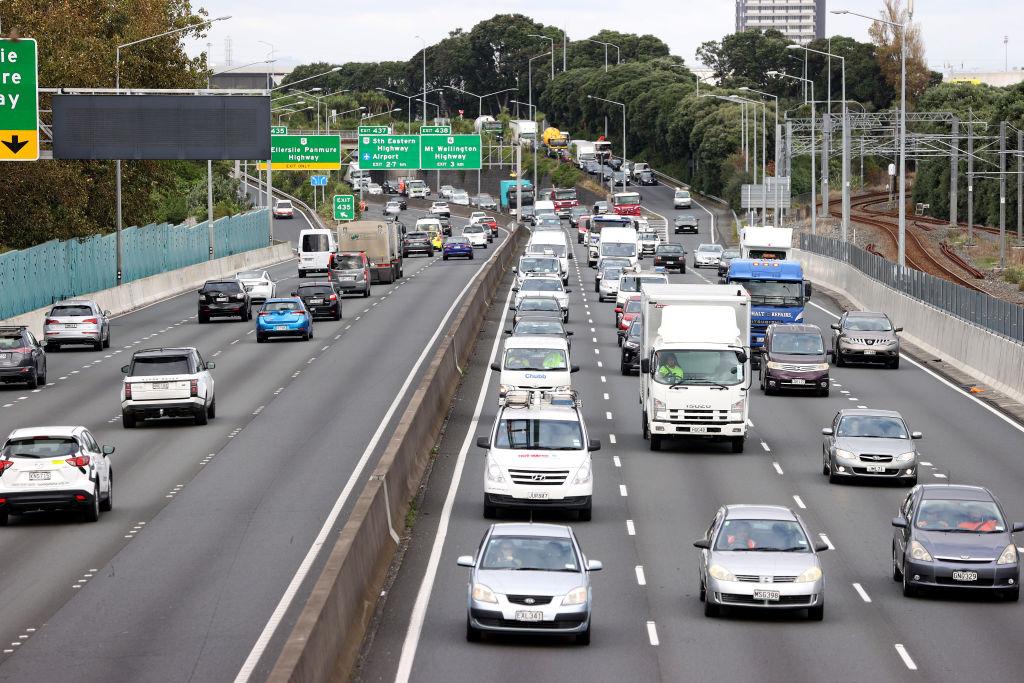The New Zealand government today announced that legislation will be introduced next year to enable “time of use” charges to be imposed on busy roads.
Transport Minister Simeon Brown described congestion as “a tax on time and productivity.”

The New Zealand government today announced that legislation will be introduced next year to enable “time of use” charges to be imposed on busy roads.
Transport Minister Simeon Brown described congestion as “a tax on time and productivity.”